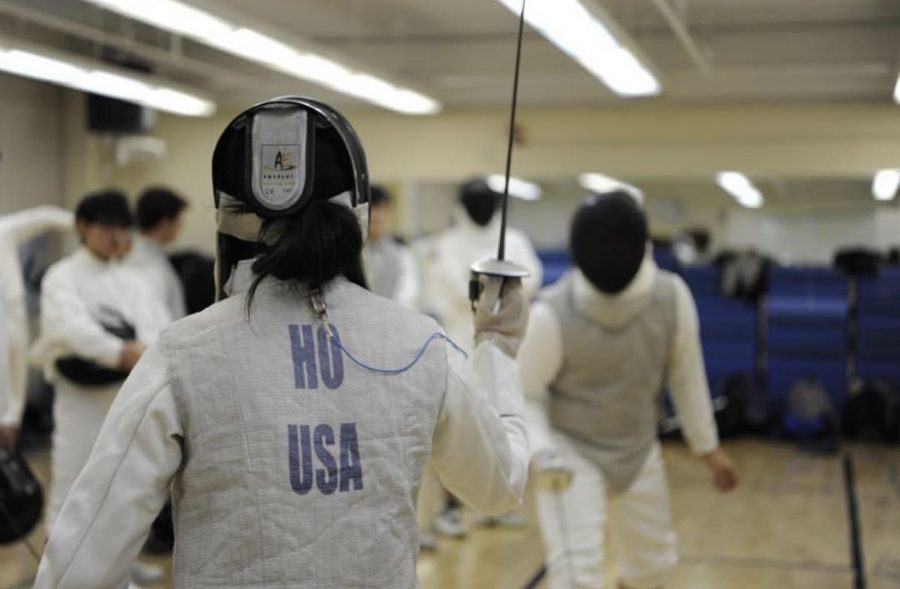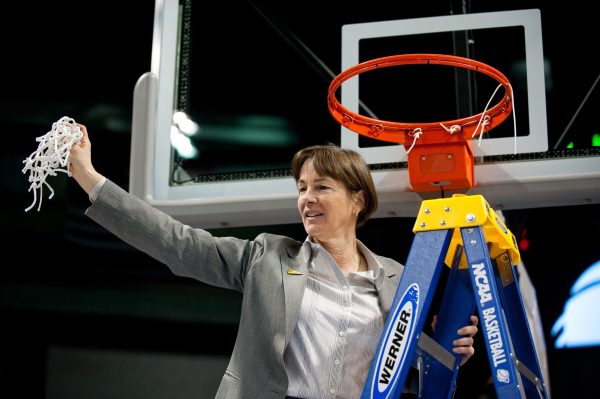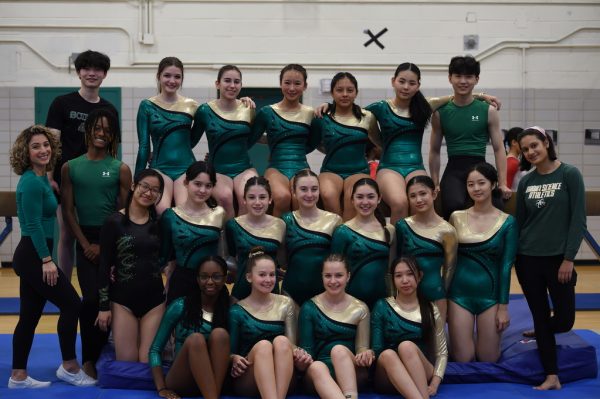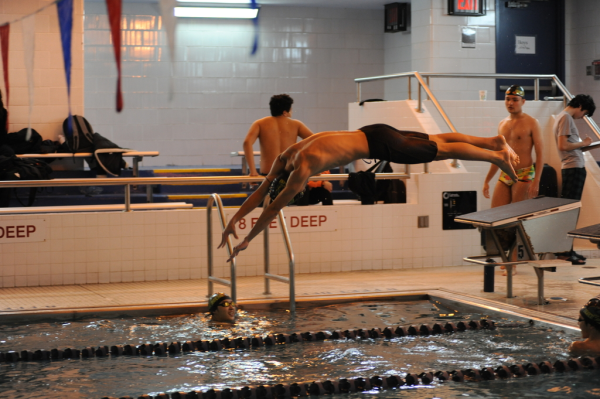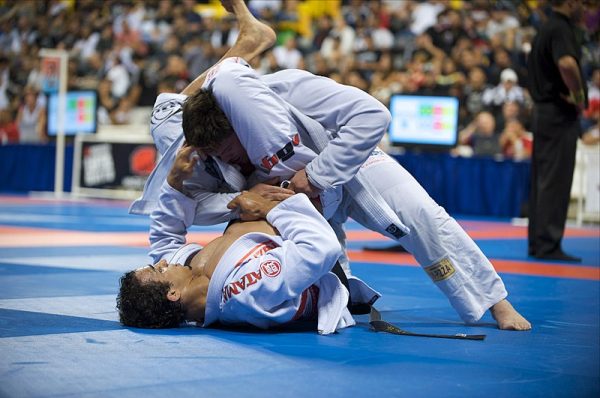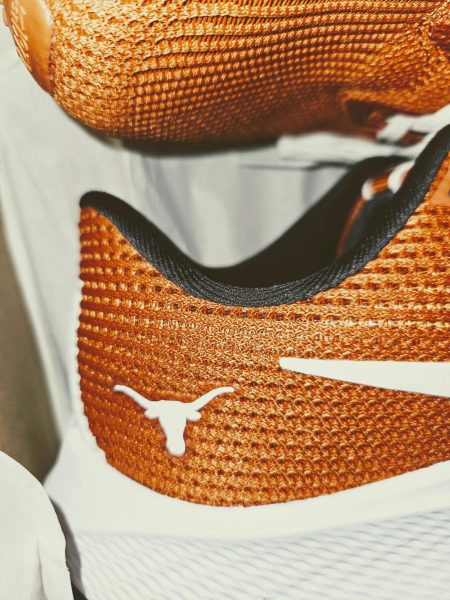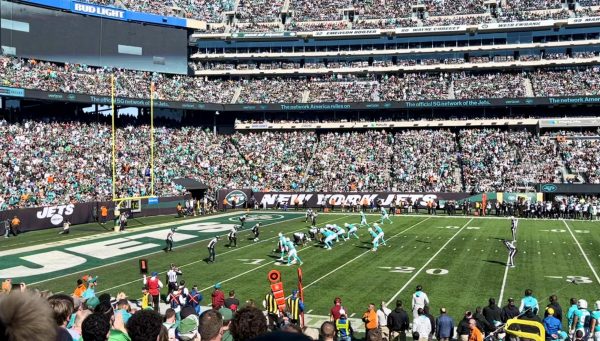Does Being an Athlete Provide an Advantage in College Application?
Joyce Ho ’20, who hopes to continue fencing in college, believes the athletic recruitment scandal’s repercussions will be more drastic than once thought.
In the midst of college hazing scandals and illicit admission methods, it appears we have forgotten about another problem plaguing colleges nationwide: athlete recruitment. While actress Lori Loughlin’s attempt to buy her child’s way into college has been most publicized, it may not even be the most problematic part of college recruitment. The athletic divisions of U.S. universities present especially egregious examples.
In fact, prestigious universities, including Yale, Harvard, and Stanford, have had faculty members accused of reserving spots for specific students.
This April 2019, a full-fledged investigation on the Harvard fencing coach, Peter Brand, ensued. Brand sold his home in Needham, Massachusetts at an alarmingly high price (over market value) to the father of an applicant. Not surprisingly, many claimed that the deal was in exchange for the student being admitted. This has put much scrutiny on the integrity of college officers, and whether or not they are being fair to all applicants. However, they might not be the only ones at fault.
In other cases, students were found to be lying on their applications. Many of such students were accepted despite not playing the sports they had indicated on their applications. In the admission process, they were given priority over more deserving students because of the reserved spots many colleges save for athletes that will potentially play for their school.
To combat this, notable schools have begun doing case-by-case examination of their admitted students that were recruited based on athletic talent. For instance, Brown University, which competes in the Ivy League, investigated each class from the past four years, and more schools have begun to follow suit.
Joyce Ho ’20, who plans to continue fencing in a college setting, was alarmed at how common it was for students to lie about playing sports on their application. “Now, elite colleges are placing stricter regulations on their athletic recruiting, which makes it more difficult for us athletes to be admitted. In an increasingly competitive process of admission, it becomes less significant to be committed to playing a sport,” she said.
Bribes are not excluded in the manner in which students have snuck their way into schools. On March 12th, 2019, fifty people were charged in a single investigation that involved the bribing of university coaches and admission officers into admitting a potential student. In another publicized case, it was revealed that the family of a Chinese student who was admitted to Stanford paid $6.5 million to the college officer in charge of Stanford’s admissions.
In the wake of these scandals, colleges have become much more wary of students’ claims on their applications, especially with sports listed. Colleges may end up requiring some sort of confirmation of the athletic career of each prospective student from the coach of the team they played for. “It seems ridiculous that the colleges would have to confirm the roster with the team’s coach. It’s as if students are not trusted in these applications,” Ho said.
One thing is for sure: the application process will become much more rigorous for students, who will surely have to go to great lengths to prove the existence of their athletic career. In an era of competitive college admissions, students will really have to step up their athletic and extracurricular game to impress colleges.
“It seems ridiculous that the colleges would have to confirm the roster with the team’s coach. It’s as if students are not trusted in these applications,” Ho said.
Kieran Aug is a Senior Staff Reporter for ‘The Science Survey’ and a Copy Chief Editor for ‘The Observatory.’ He enjoys writing articles...

